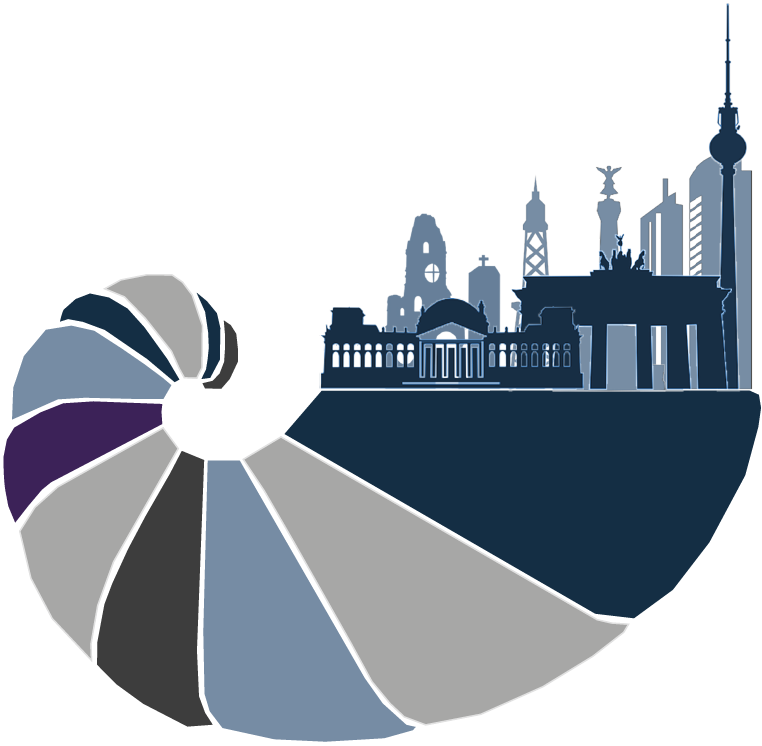From brain to behavior: the neural basis of insect olfaction

Fri | September 12th, 2025
10.00 – 11.00 am
Freie Universität Berlin
Rost- und Silberlaube,
Otto-von-Simson-Str. 26
Lecture Hall 1A
Most animals rely on their olfactory system to accomplish behavioral tasks that guarantee their survival and reproduction. Since the odor space consists of an enormous, nearly infinite number of possible stimuli, olfactory systems require special strategies to perceive, identify and evaluate the highly diverse odor information from the environment. The vinegar fly Drosophila melanogaster represents a premier model system for studying olfactory processing mechanisms since it exhibits a stereotyped architecture which is similar to its mammalian counterpart, but is less complex and highly tractable as well as susceptible to genetic manipulations. By exploiting these genetic techniques and linking them to neurophysiological, molecular and behavioral methods, my lab is dissecting the neural circuits that are involved in coding, processing and perception of odors. We identified and dissected the neuronal correlates to specific behavioral outputs resulting from the perception of odor mixtures, we demonstrated that the neural composition of every olfactory glomerulus is unique and correlated to its functional relevance, and we were able to show that higher brain centers decode the behavioral value of an odor. We are currently examining whether the olfactory circuitry is hardwired or can be modulated by previous experience. We are also studying the olfactory code in non-model organisms such as sister species of D. melanogaster exploiting different ecological niches as well as the migratory locust. Furthermore, we are interested in multimodal sensory processing and integration. The lecture will summarize our recent insights into the coding strategies and plastic components of the olfactory circuitry of insects.


